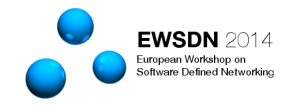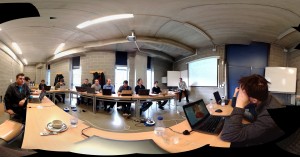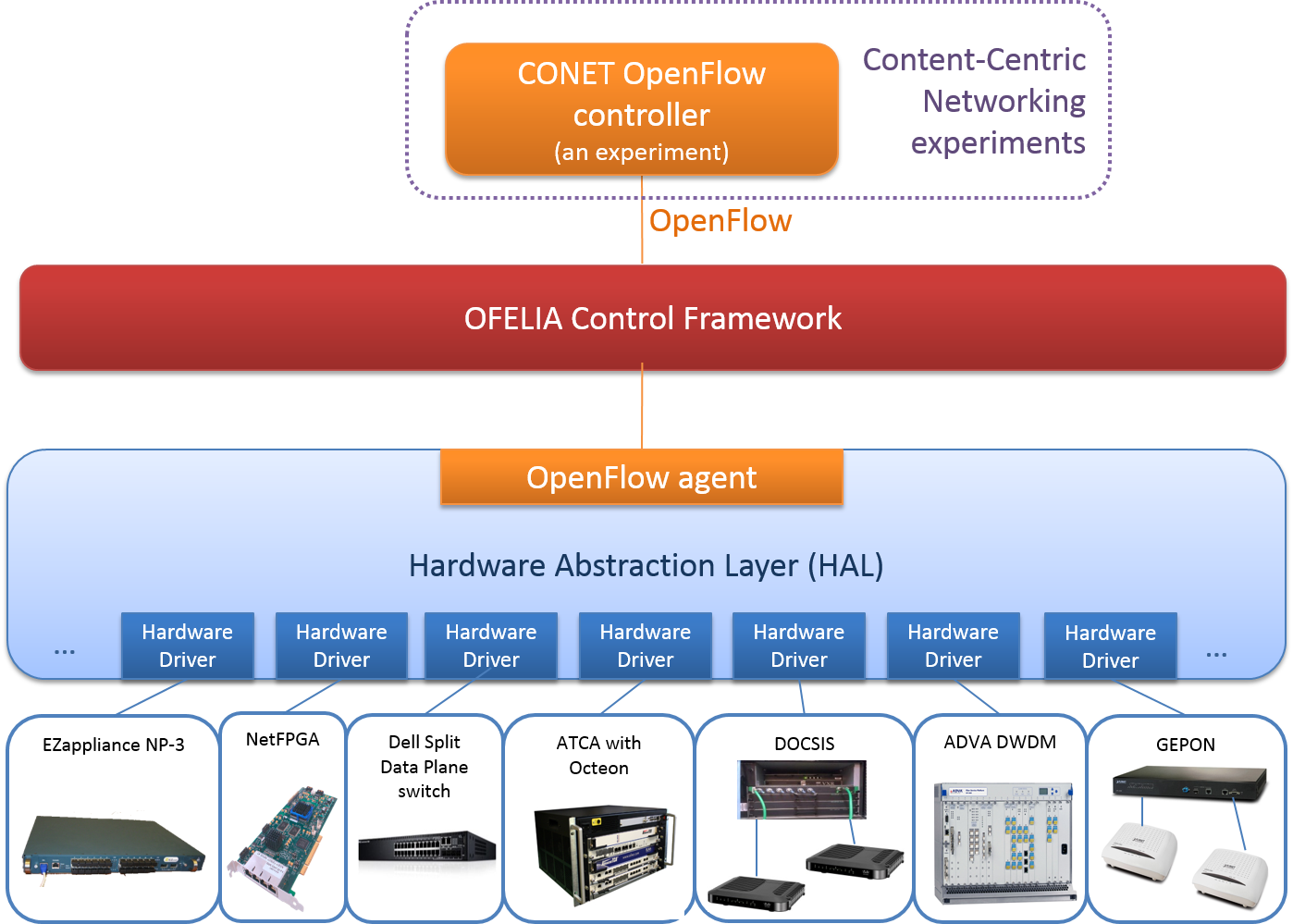ALIEN is co-organizing European Workshop on Software Defined Networking (EWSDN 2014) together with the FP7 project UNIFY. The workshop will be held in Budapest, Hungary between September 1st and September 3rd, 2014.
Call for Demos and Posters for EWSDN 2014 is open with a deadline on 5 July.
For more information visit: http://www.ewsdn.eu/





